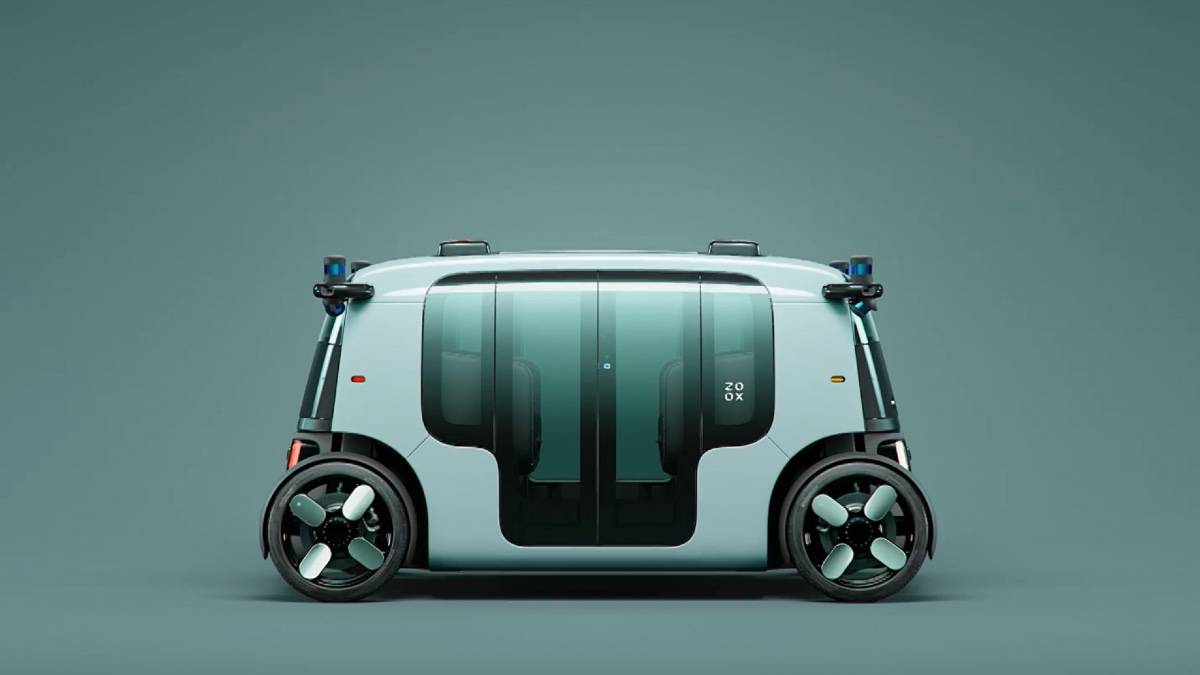Amazon self-driving car: everything you need to know
The Robotaxi is an electric car which was unveiled in December 2020. The EV does not feature a steering or even pedals and it can accommodate four passengers, with two passengers on each side facing each other. It has a top speed of 75 miles per hour (120 kmph). It comes with two battery packs, with one under each row of seats. The vehicle can travel for up to 16 hours before recharging.
Zoox chief Aicha Evans said after the trial, in a press conference, that the company is already looking at “the line of sight” towards a commercial launch of the service. However, there is still no concrete timeline for the rollout of the service.
Zoox completed a run of around 1.6 kilometres between two buildings of its own office campus in California with the Robotaxi. Amazon’s autonomous car project’s first public salvo came as part of its employee shuttle service, but featured real passengers in the form of two company employees — while a future project could include external passengers, too.
The feat also underlined the work on autonomous vehicle safety, since the Uber fatality from March 2018. The incident, which witnessed a pedestrian being run over by an self-driving car leading to her death, slowed down real-world public road tests in the field, leading companies to exercise more caution in building sensors that can replicate human instincts and conscience.
To be sure, this is not the very first attempt around the world by an autonomous vehicle maker to conduct a trial on public road. In October 2019, Google-backed Waymo conducted a public road trial of its self-driving cars, with a limited set of riders who had signed up for its autonomous vehicle trial service. The trial was a precursor to the company’s potential launch of a commercial autonomous cab hailing service, in the near future.












